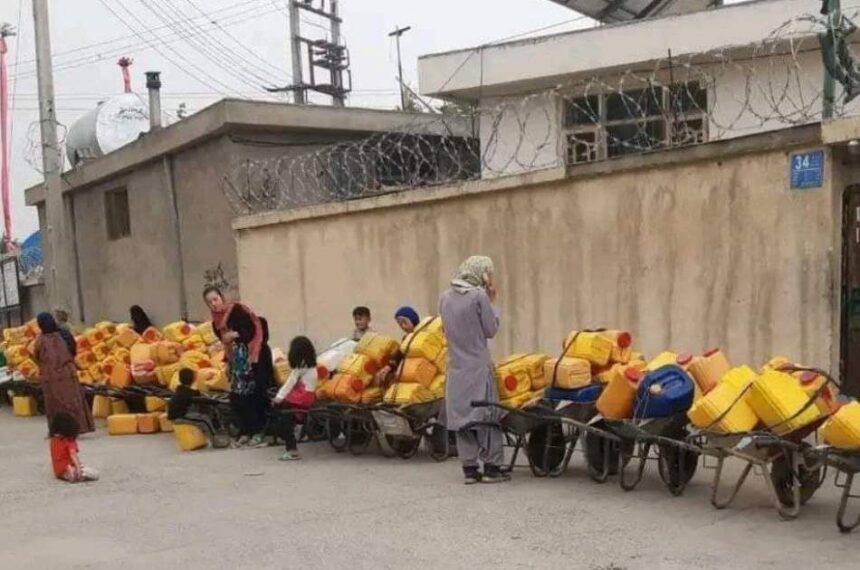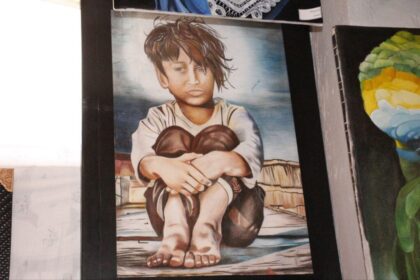RASC News Agency: Several residents of western Kabul are voicing their concerns about the lack of access to sufficient water supplies and the steadily decreasing water levels in their area. The depletion of groundwater levels in Kabul is becoming increasingly severe. Western Kabul, one of the most densely populated areas of the city, depends heavily on wells, especially those drilled for mosques, for drinking water.
In this part of Kabul, it is common to see residents digging deeper wells in response to the decreasing water levels. However, the decline has been so drastic that many people cannot afford to deepen their wells any further. In some neighborhoods of western Kabul, the depth of wells has reached up to 150 meters. The residents of this part of the capital have been repeatedly assured by the Islamic Emirate that the water shortage issue will be resolved, but these promises have yet to result in any concrete action.
Meanwhile, Mutiullah Abed, a spokesperson for the Ministry of Energy and Water, stated that three projects, including the transfer of water from Panjshir to Kabul, are planned to address the water shortage and declining water levels in the capital. These projects, if implemented, are expected to resolve the water crisis for over two million people in Kabul. However, there is skepticism among many who believe that the Taliban are using these projects merely to garner public support rather than provide genuine service.
For over three years, Afghanistan has been suffering from drought and water scarcity. During this time, the Taliban have not provided any significant assistance to ensure access to potable water for the people.






